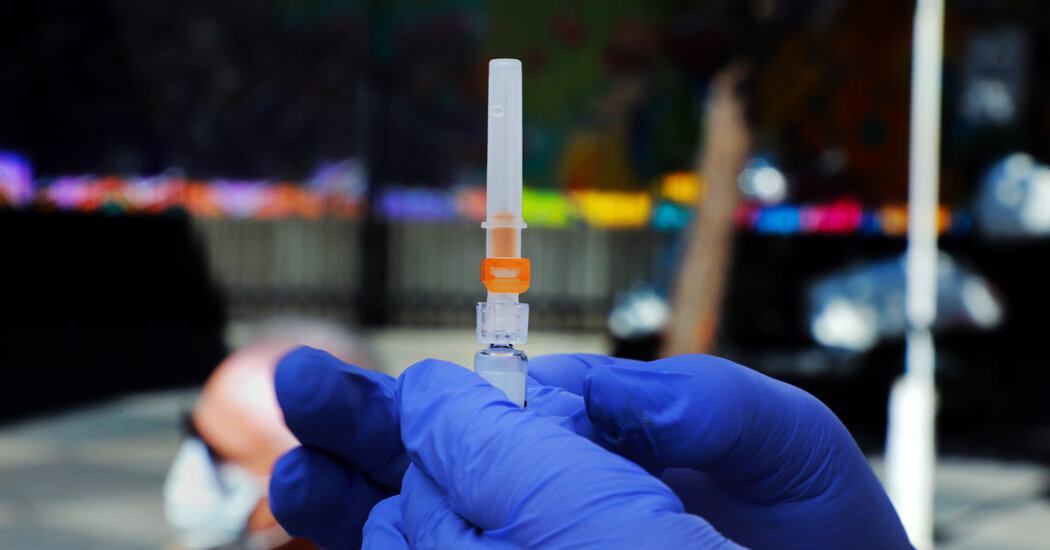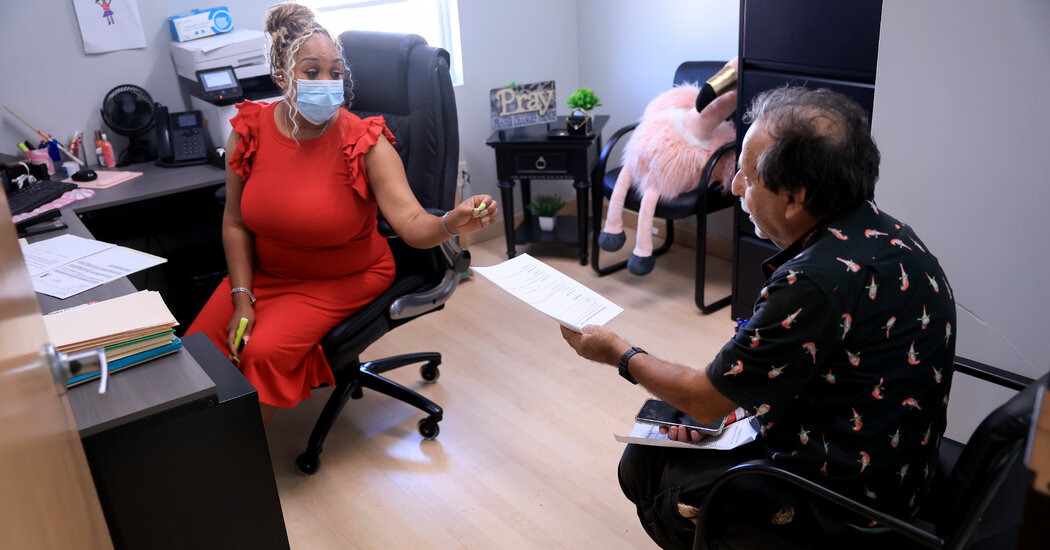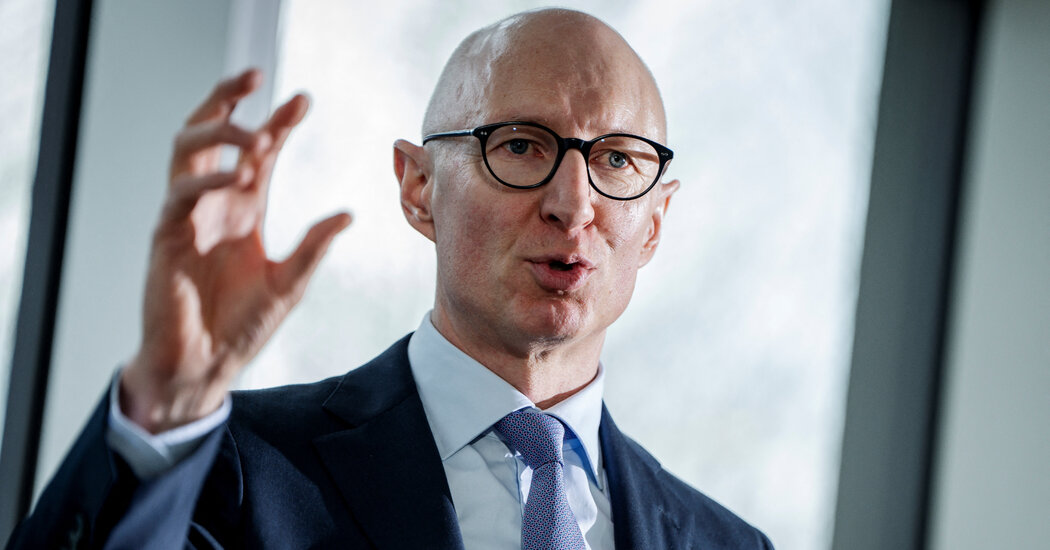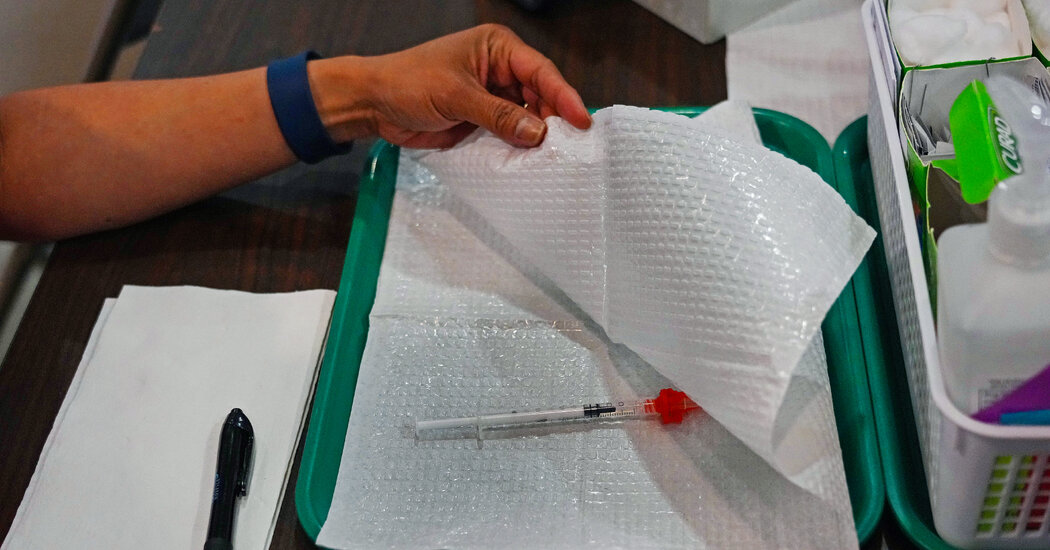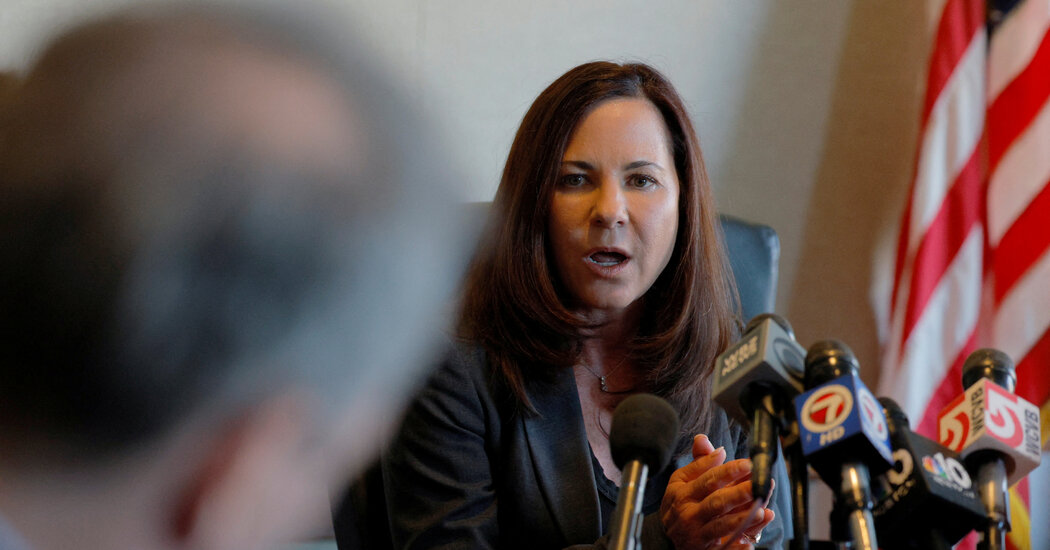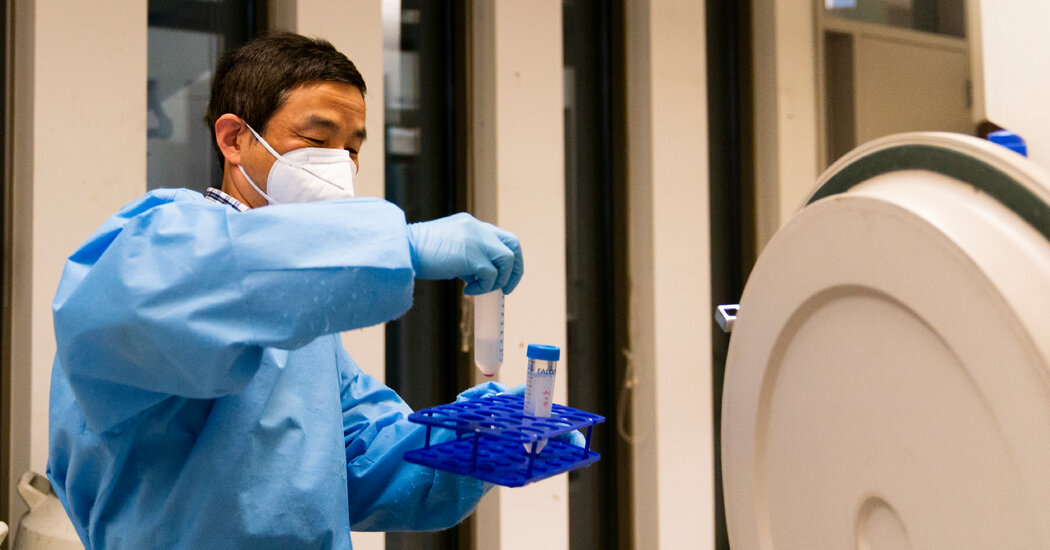33 minutes agoShareSaveSam FrancisPolitical reporterHarry FarleyPolitical correspondentShareSaveGetty ImagesMPs will debate a bill to legalise assisted dying in England and Wales for the first time since significant changes were made to it.The bill passed the first stage of the Commons last November – but since then the details have been pored over and dozens of amendments added by both sides.A vote to pass or reject the bill is not likely to take place on Friday, but rather in June.Friday’s debate comes as the government quietly made changes to its impact assessment on assisted dying, admitting errors in calculating how many people could take up the service if it becomes law.It reduced its upper estimate for the number of assisted deaths in the first year from 787 to 647.Several MPs opposed to the bill have described the process as “chaotic”.But Kim Leadbeater, the Labour MP behind the bill, said it was coming back to the Commons “even stronger”.She urged MPs to “grasp this opportunity with both hands”.”The law as it stands is not working for dying people or their loved ones; that much is clear,” she said.”A majority of MPs recognised this when they backed my bill in November. When they come to debate it once again today, they can be confident that it returns even stronger.”Leadbeater’s Terminally Ill Adults (End of Life) Bill – which would allow some terminally ill adults in England and Wales to choose to end their own lives – cleared its first parliamentary hurdle by 330 to 275 votes back in November. Since then, the bill has gone through six months of intense scrutiny by a parliamentary committee and several changes, including removing the need for a High Court judge to sign off each request for an assisted death. Instead, a panel of experts – including a legal professional, psychiatrist and social worker – would oversee the process.Another amendment would prevent doctors from discussing the option of an assisted death with under 18s, unless the patient has raised it first.MPs have been given a free vote, meaning they can decide based on their conscience rather than having to follow a party line.The issue has split Parliament, with strong opinions on both sides.Those opposed to assisted dying say the mood has altered among MPs, but so far only a handful have said they’ve changed their minds since November and it would take dozens to block the bill.The Commons is unlikely to vote to give the bill final approval until 13 June at the earliest.On 2 May, the government published its long-awaited impact report on the bill – projecting NHS savings ranging from £919,000 to £10.3 million.But on Wednesday, officials published a “correction notice” at the bottom of the 150-page document.The change revises the upper estimate for the number of assisted deaths in the first year after the bill is published from up to 787 to 647.Labour MP Melanie Ward, who previously voted against the bill, told the BBC: “This shows just how chaotic this whole process has been.”With the bill being amended by supporters just days before it is debated and the impact assessment being quietly corrected, MPs on either side of the debate can’t really know what they are being asked to vote on.”It calls into question again whether this bill is fit for purpose and whether this private member’s bill process is suited to deal with such significant and profound issues of life and death.”Independent peer Paralympian Baroness Tanni Grey-Thompson, who has campaigned against the bill and will get a vote if the bill goes to the Lords, said it had been “very disappointing to see this process”.The amended impact assessment “has come out the night before very important debates,” she said.”It might make the numbers look marginally better but it’s a significant error – what else have they got wrong?”Meanwhile, Sarah Pochin, Reform’s newest MP after winning the Runcorn by-election earlier this month, confirmed she would support the bill, telling ITV she was “confident” there were enough checks and balances to ensure terminally ill people were protected.Broadcaster Dame Esther Rantzen, who has been campaigning for assisted dying after revealing her terminal lung cancer diagnosis last year, accused opponents of having “undeclared personal religious beliefs which mean no precautions would satisfy” their concerns. Labour MP Jess Asato, who voted against the bill, described Dame Esther’s comments as “particularly distasteful” and “disrespectful to those with faith and without”.The new bill in England and Wales would allow any doctor to be involved in assisted dying. GPs are often a large part of the practice in countries where it is legal.A BBC investigation found family doctors in England are deeply divided on the issue.Of the 1,000 GPs who responded to a survey conducted by the BBC, 500 said they were against an assisted dying law, with 400 saying they were in favour.The Royal College of Physicians (RCP) said it believed there were “concerning deficiencies” with the bill that would need addressing, including tougher safeguards such as using doctors known to the patient for prognosis, face-to-face checks to prevent coercion and no cuts to other care. Earlier this week, the Royal College of Psychiatrists said it had “serious concerns” and could not support the bill in its current form.Both colleges said they remained neutral on the principle of assisted dying.
Read more →

